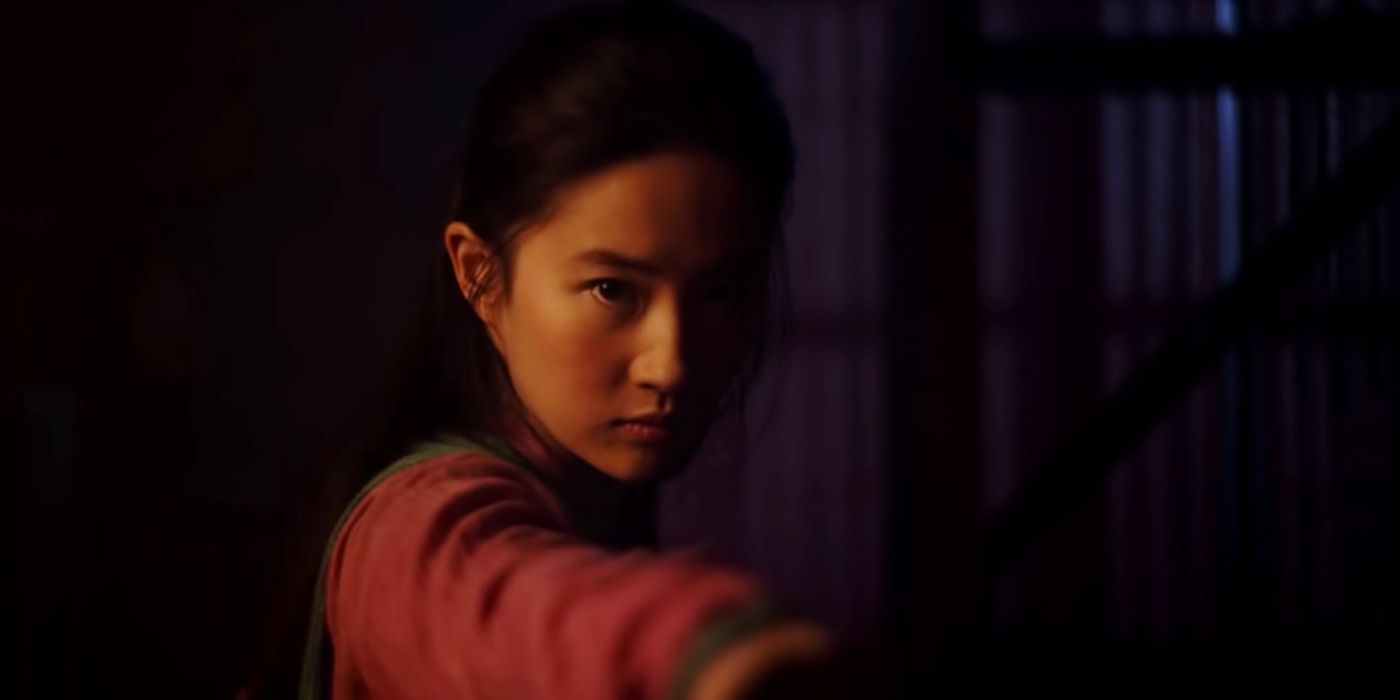Disney's live-action Mulan remake was mired in controversy in the year leading up to its premiere. Perception of the film only worsened after the movie was released, owing to the Chinese authorities listed in the credits, many of which have been identified by human rights organizations and certain governments as being integral to the oppression of the Uyghur people and other minorities in the region of Xinjiang, also known as East Turkestan.In recent months, parliamentarians in the United Kingdom sent inquiries to Disney representatives, asking for clarification of the company's involvement with Chinese authorities as well as Disney's response to the situation in Xinjiang. Disney president of film production Sean Bailey recently responded in a letter addressed to Sir Iain Duncan Smith MP and Baroness Helena Kennedy.Bailey wrote, "In order to accurately depict the unique geography and landscape of China for this period drama, the producers chose to film some scenery in 20 locations troughout the country, including the Kumtag desert in Xinjiang Province... The decision to film in each of these locations was made by the film's producers in the interest of authenticity, and was in no way dictated or influenced by state or local Chinese officials." Bailey added, "It also bears noting that the filming of the desert scenery occurred over a brief four-day period -- compared to 143 days of filming in New Zealand, and the foortage comprises 78 seconds of the one-hour and 55 minute film."
The letter went on to state that all businesses are required to comply with local laws in China in order to conduct business, before reiterating that it is common practice to acknowledge entities and individuals that provided assistance in film credits. The statements made by Bailey echo explanations offered by Disney CFO Christine McCarthy in September. However, Bailey's letter did mention Bejing Shadow Times, a private company contracted by Disney to submit requests for permits with local and state authorities.
As Bailey explained, Beijing Shadow Times is a private company and was evidently responsible for securing necessary permits and certificates for the film. The company's project manager at the time, Elizabeth Xiwen Miao, is also credited with participating in negotiations with third parties and managing the Chinese production bank account and tax payments.
The film has been the subject of critcism from U.S. politicians as well. The Congressional-Executive Commission on China recently sent a letter to Disney CEO Bob Chapek, requesting clarification about its relationship with the Chinese Communist Party-controlled authorities and its co-operation with the Chinese government. Chapek has not yet provided a response.
Among the authorities mentioned in Mulan's credits are the Publicity Department of CPC Xinjiang Uyghur Autonomous Region Committee and numerous administrative bodies of the city of Turpan. As mentioned, numerous human rights organizations and governments, including that of the United States, have identified these bodies as playing integral roles in the imprisonment, torture and continued oppression of up to two million Uyghurs, ethnic Kazakhs and other Muslim groups.
Source: Twitter

